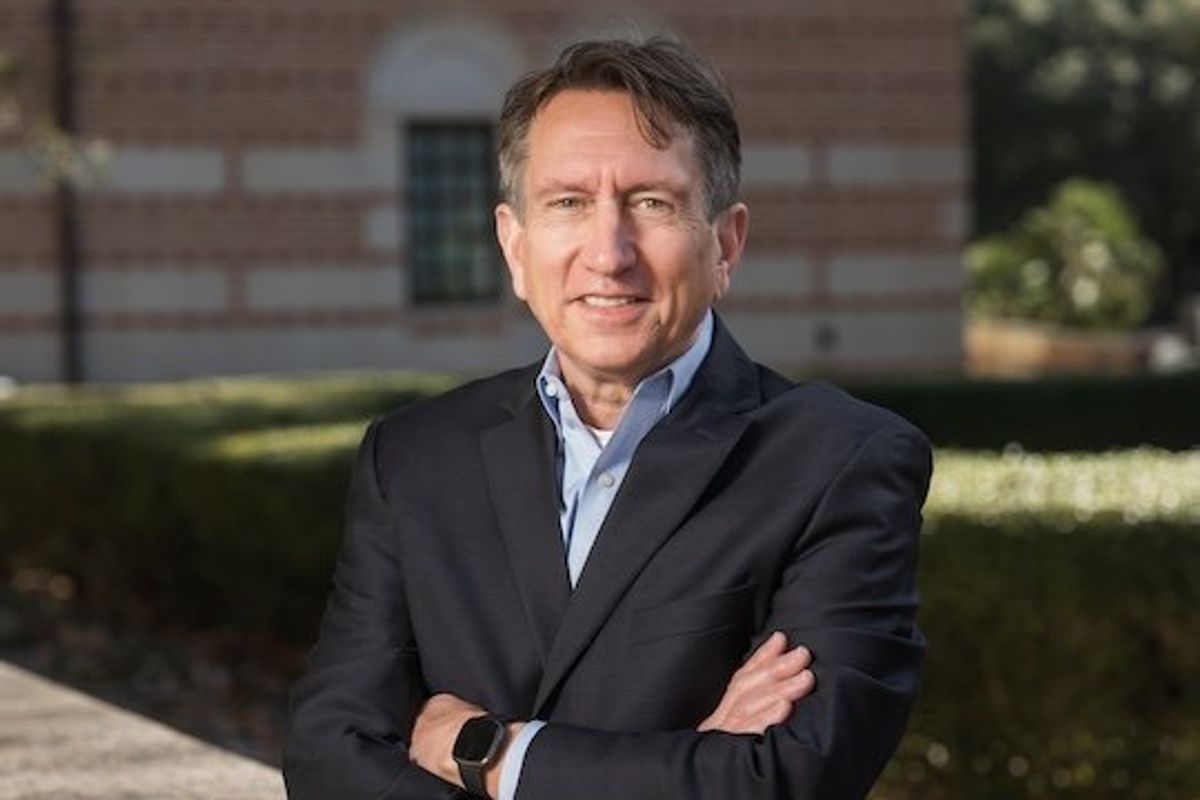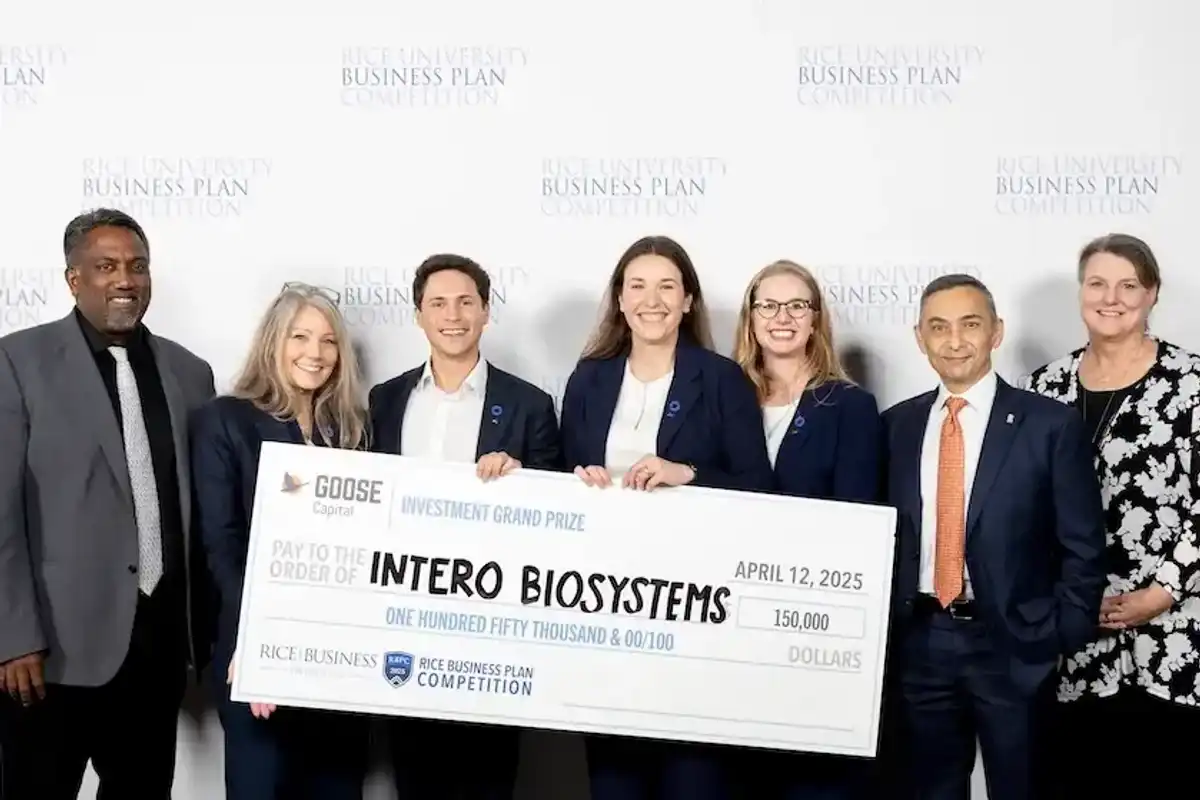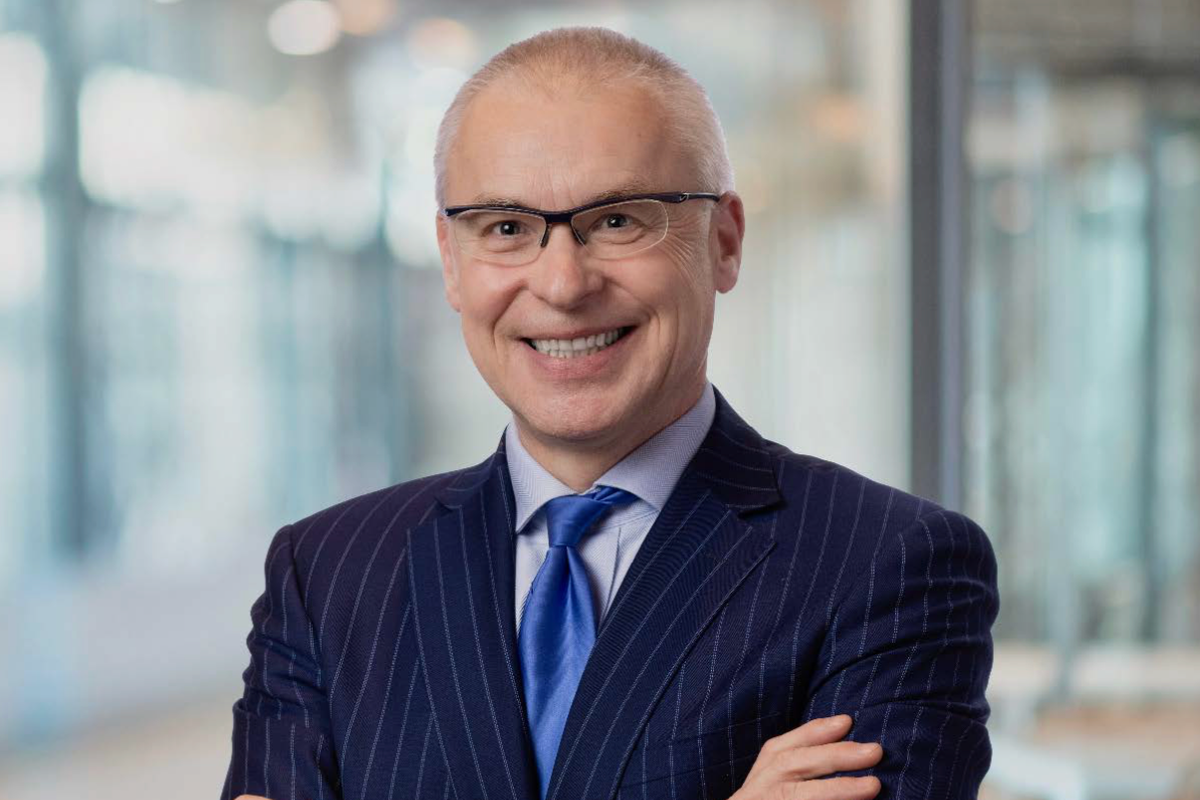Houston software development firm plans expansion following acquisition
M&A Moves
For Owen D. Goode, Houstonians have a propensity for never being satisfied — and that's been extremely advantageous for his business.
“There’s this feeling in Houston of not being finished yet that I love,” says Goode. “Nobody is every fully satisfied in the best possible way. Nobody is sitting back and saying, ‘This is the best we could have done.’”
Goode, formerly the CEO of Axon, comes from an aviation background that includes operating as both pilot and mechanic. He now uses those skillsets in a very different world—helping to lead a company that focuses on system transformation. Axon, which was founded in 2017 was a boutique software firm focused on cloud engineering and data engineering.
This January, a larger company, Zaelot, led by CEO Jeff Lombard, acquired Axon. Zaelot is a global, software firm with a presence in 14 countries, mostly focused in the United States, Uruguay, and Iceland.
“Together we have a strong suite of offerings across a wide variety of domains including full-stack development, cloud/data engineering, design, staff augmentation, project management, and software architecture. We also have experience in multiple domains, including health care, aviation, defense, finance, and startups,” says Goode.
To the layman, this sounds impressive—and complicated—but what does Zaelot, actually do? Asked to explain at a kindergarten level, Goode says, “We take old code and make it less bad.”
With the motto, “Solve Today, Build Tomorrow,” Goode has worked with companies such as a major international airline to clean up its back end. Using a real estate analogy, Goode says that he and his team transform brownfield development environments (“a half-finished building that’s messy and there’s sewage everywhere”) into greenfield ones. It’s essentially a fresh start for sites that have become muddled over years of neglect.
“Health care is notoriously bad for that,” Goode says, though he is unable to disclose specific past or present clients.
Thanks to the merger with Zaelot, Goode and his team are now poised for rapid growth. Becoming part of a 100-person multinational company has now unlocked capital that Axon had never seen before. Goode promises rapid expansion in Texas, beginning in Houston in the next six months to a year. The executive—now Zaelot’s executive vice president—is already a well-known face on the Houston scene, where he regularly attends Cup of Joey and other Houston community events, such as CodeLaunch.
That growth includes gaining office space and expanding his staff in Space City.
“Zaelot's claim to fame is an extreme focus on employee satisfaction, with a 94 percent retention rate,” he says.
It’s his goal to keep those numbers up by serving the people who work for and with the company and treating them as human beings with families, not interchangeable parts. Next on the horizon, Goode says he and his team will be hiring sales and technical account management positions.
Though Zaelot’s staff is distributed around the world, Goode says Houston will always be home base for him. “It’s a literal launchpad that we’re continuing to grow off of,” he says. “I’m a big believer in Texas in general. And I’m just excited to see what happens.”





